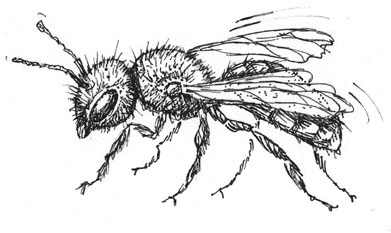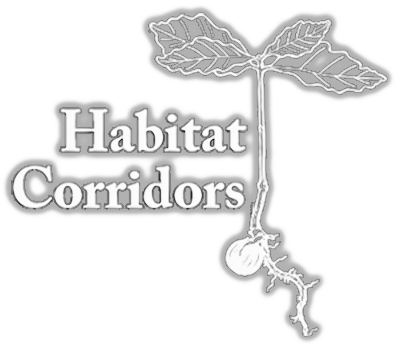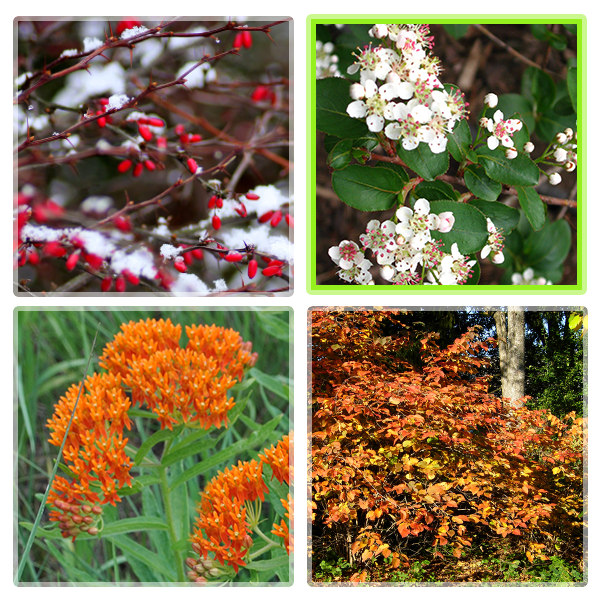Saving living space for living
things one yard at a time
Support Pollinators in Your Yard
 This spring resolve to help bees and other pollinators. In doing so you will help yourself and reap the benefits of assisting these beautiful insects. Your native forbs, trees and shrubs, and vegetable garden will be significantly more fruitful when you help these creatures. It’s easy.
This spring resolve to help bees and other pollinators. In doing so you will help yourself and reap the benefits of assisting these beautiful insects. Your native forbs, trees and shrubs, and vegetable garden will be significantly more fruitful when you help these creatures. It’s easy.
Pollinator populations are declining precipitously, but you can support their numbers by protecting them from toxic chemicals and other threats on your own property. For example:
- Stop using pesticides, particularly insecticides. (These chemicals kill both good and bad insects and allow many pests to survive without predation.)
- Plant a garden of native plants that are friendly to pollinators, or add natives to an existing bed. Try to incorporate species that bloom from spring through fall. (Shop at CFC’s Annual Native Plant Sale on the first weekend every May.) Native forbs and some heirloom varieties have the blooms, fragrance, nectar, and pollen that attract and nourish pollinators.
- Install a bee house, but be ready to maintain it. Many houses are for sale online, but they require annual maintenance to prevent disease. Mason bees and the other solitary native bees are great fun to watch as they bring pollen and nectar to their nest cells.
- Provide water for insects as well as birds. A wet mud puddle or a slight drip from a suspended milk carton will help these small creatures stay hydrated.
A final note, never use neonicotinoid pesticides (from major manufacturers Monsanto and Bayer). They are sold under various names, including acetamiprid, clothianidin, imidacloprid (the most widely used pesticide in the world), sulfoxaflor, nitenpyram, nithiazine, thiacloprid and thiamethoxam. These chemicals are decimating bee populations and have proliferated in garden centers and nurseries. Some of the plants you purchase there are pre-treated with these systemic poisons. (Imagine — they named some of them “bee-friendly” plants!) In that case the whole plant is poisonous including the pollen and nectar. Please read labels and ask before you buy! Print this list (courtesy of The Xerces Society) of common garden products that contain neonicotinoids. Take the list with you when you shop and don’t buy these products!
Attract these butterflies, native bees, beetles, and other pollinators, and enjoy the beauty and interest they bring to your yard and the benefits they bring to your garden.

